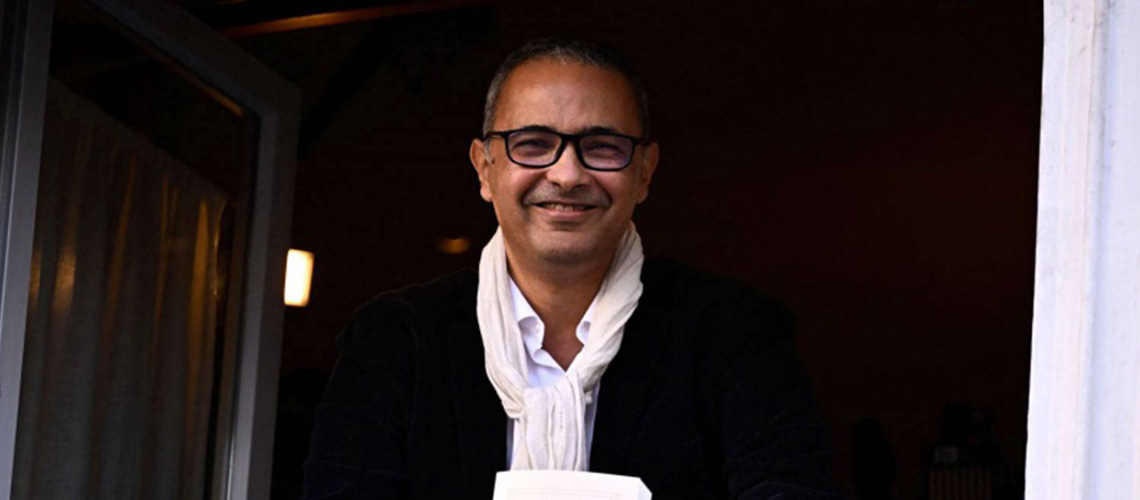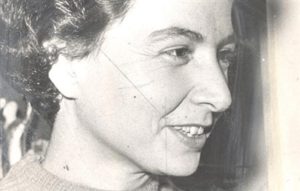French-Algerian author Kamel Daoud was awarded the prestigious Prix Goncourt for Francophone literature by the Académie Goncourt on Monday, November 4, 2024, for his novel “Houris”, set during Algeria’s “Black Decade” (1992-2002).
Daoud received six out of 10 votes from the academy’s jury. Competing alongside him for the prize were French authors Hélène Gaudy and Sandrine Collette, as well as French-Rwandan writer Gaël Faye.
Philippe Claudel, President of the Goncourt Academy, announced on Monday that French-Algerian writer Kamel Daoud won the Prix Goncourt, the most prestigious Francophone literary award, for his novel “Houris”, published by Gallimard.
The novel explores Algeria’s civil war from 1992 to 2002, often referred to as the “Black Decade.” Daoud, 54, is renowned for his critical perspectives on Algeria, which led him to leave his hometown of Mostaganem for Paris. His acclaimed novel “Houris” is not available for sale in Algeria and has yet to be translated into Arabic.
In his novel “Houris”, Daoud addresses Algeria’s civil war, or the so-called “Black Decade,” despite Algerian law prohibiting references to the conflict between the authorities and Islamist groups from 1992 to 2002.
In an interview with Le Point magazine last August, where he contributes a regular column, Daoud said: “I am under attack in Algeria because I am neither communist, anti-colonialist, nor anti-French.” Having acquired French citizenship, Daoud compared himself to poet Guillaume Apollinaire, who was born in Poland and became a French citizen during World War I, remarking, “I have Apollinaire syndrome—I am more French than the French.”
Born in June 1970 in Mostaganem, northwestern Algeria, Kamel Daoud is the eldest of six children of a gendarme soldier. He spent his early years in a conservative household, raised in his grandfather’s home. Daoud briefly served as an imam and associated with Islamist groups, though he later distanced himself from religion.
Among his siblings, he was the only one to pursue university studies, which eventually led him into journalism. He began his career with Détective magazine and later joined the French-language newspaper Le Quotidien d’Oran.
While promoting his novel “Houris”, Daoud explained that his path into journalism was shaped by the tragic loss of numerous journalists during Algeria’s civil war, a profession fraught with risk, where journalists often reported the death tolls resulting from massacres —figures that many sought to hide, downplay, or exaggerate.
Known for his integrity, Daoud became a respected voice, fearlessly denouncing the issues plaguing Algerian society such as corruption, religious hypocrisy, indifference to power, violence, backwardness and inequality. A father of two, Daoud left journalism in 2016 to fully dedicate himself to his literary pursuits.




